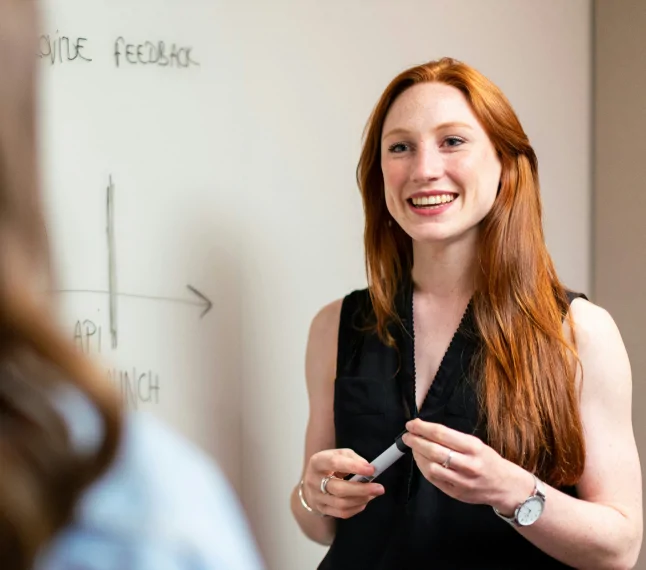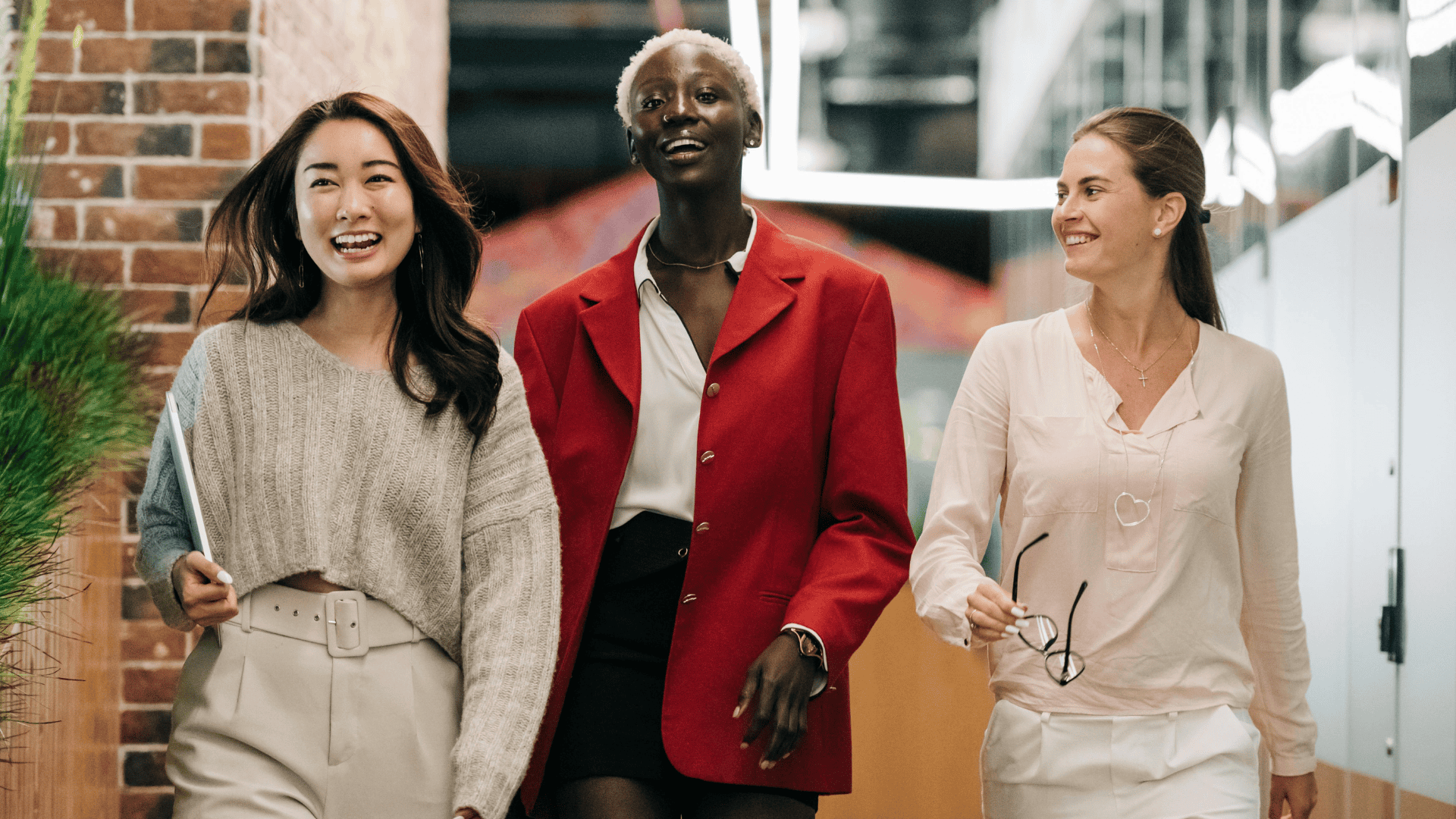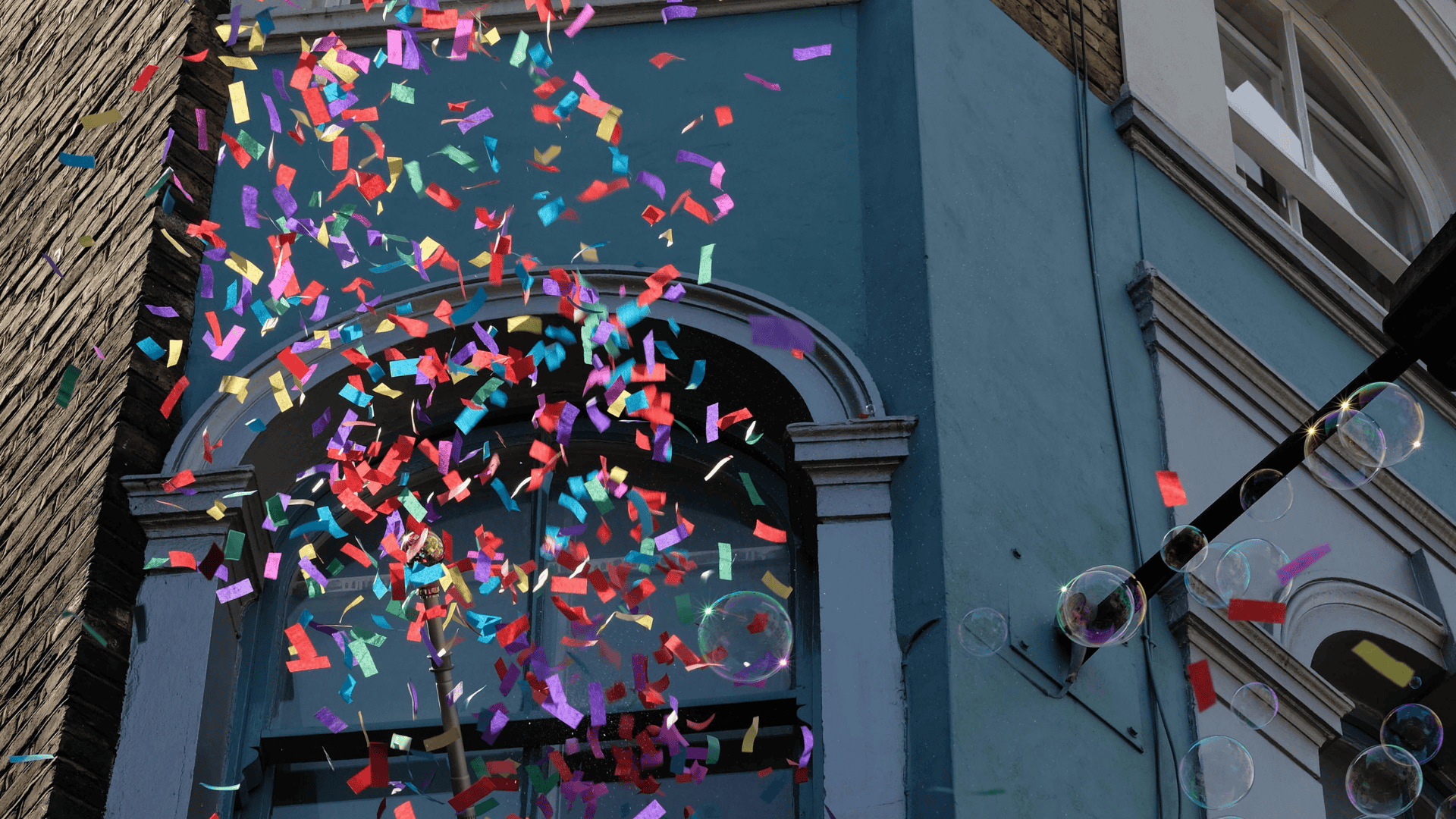To celebrate the expansion of Propel London’s Creative department , we’re talking to some of the industry’s most influential figures to discuss how the role of creativity is changing in the tech and digital sectors, how companies can make themselves more attractive to the top creative talent, and how creatives themselves should be approaching the hiring process.
Phil Jones, is founder of the infamous Podge Lunch, which has expanded from design and digital into the sports and music industries, Jones has been a leading figure in the design and digital industry for decades.
After selling his studio APT Photoset in 1990, in the 1990s he became a visiting lecturer and ran studios for clients including WCRS, Euro RSCG, Diesel and Condé Nast. He now advises leading agencies of all types and is a regular on industry lists of influential figures from the likes of The Drum, Design Week and BIMA.
We caught up with Jones to get his seasoned view on the role of the creative today.
How should creatives approach the hiring process? Is the standard CV and portfolio still the best way to show prospective employers their talents and what makes a portfolio stand out for you?
I still like to see a portfolio myself but having a decent profile on LinkedIn with a few good recommendations is worth its weight in gold. For students, these recommendations could be from their tutors perhaps or visiting lecturers. It shows they have really made an effort and understand the value of social media.
How are new technologies such as VR and AI affecting the way people hire creatives? Is there now more demand for specialists or should the best creatives be able to work in all mediums?
Change is nothing new for creatives, regardless of the role of technology. in the old days people would study graphic design but then specialise in typography or illustration or copywriting. Or would go into packaging design or advertising.
I think that the same logic will apply whereby some people are just naturally better with computers and tech. It’s clear these people will become more valuable over time because every agency will want to have those skill sets in their mix.
There is a battle for the best creative talent, so how can employers make themselves more appealing to attract the best?
Employers do need to make an effort if they want the best creative talent. Candidates get a feeling for a company as soon as they walk in the door and are greeted by the receptionist.
So do recruiters, who often get invited to in to talk to agency owners and are left sitting waiting in reception. Employers should treat every person who comes to visit them as a potential client and make sure the vibe in the business is good. The creative industry is a small place and word travels fast.
Propel’s Creative Snapshot: The Changing Role Of Creative Talent - Phil Jones
06 Aug, 20183 minutesTo celebrate the expansion of Propel London’s Creative department , we’re talking to some ...

GET IN TOUCH
Have questions? Speak to our team today and find the perfect solution for you or your business.



